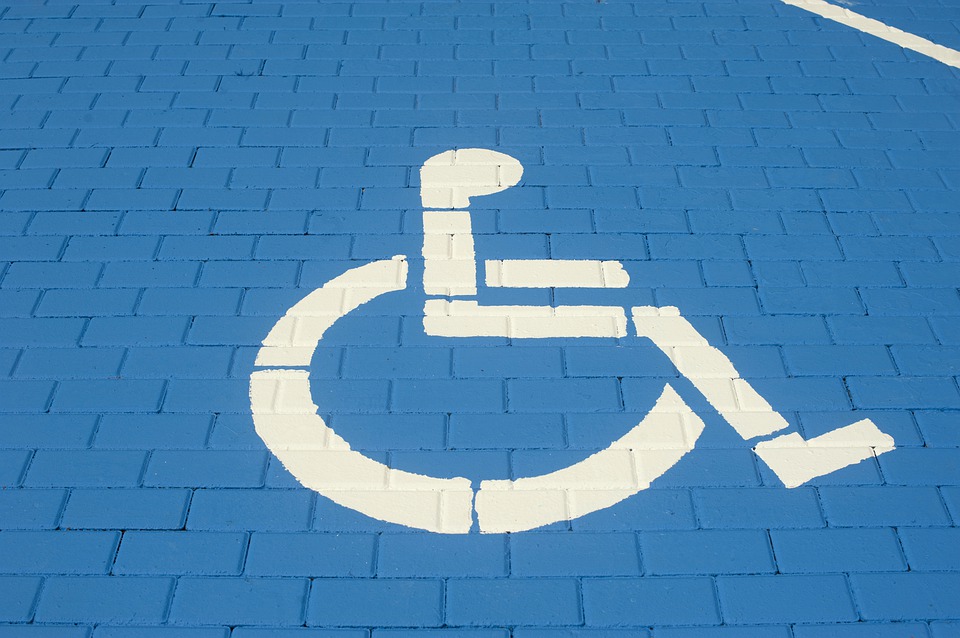Disney World in Orlando, Florida is one America’s most famous tourist attractions. The iconic and much-loved resort holds a wide variety of magical attractions, including an enormous theme park, several themed hotels, restaurants, theatres, and events venues. In Disney World, there is something for all the family, with attractions that will appeal to infants, young children, teens, adults, and even grandparents.
Disney World has infrastructure and policies in place that are designed to make the resort as disability-friendly as possible. Lots of Disney World’s customers have some type of mobility issue or disability and the resort holds accessibility as a very high priority. It also has a legal obligation to adhere to the Americans With Disabilities Act.

Visiting Disney World With Mobility Issues
While having certain disabilities may mean that some restrictions and limitations are inevitable, being disabled need not curtail your fun at Disney World. The resort has a well-thought-out set of measures in place that are designed to make its attractions and amenities as accessible as possible.
Every effort is made by the resort and its staff to make as many of Disney World’s attractions accessible to disabled visitors and their families.
Disabled Parking At Disney World
Disney World has plenty of disabled parking. Handicap parking spaces are located throughout the resort, placed as close to entrances and amenities as possible. You must have a valid disabled parking permit to park in disabled spaces at Disney World.
If you do not have a valid disabled parking permit, you can request to park at the end of a lot, nearer to entrances, and staff will attempt to accommodate your request.
Is Disabled Parking Free In Disney World?
Disabled parking is not free throughout Disney World. However, in certain areas of the resort, disabled permit-holders may avail of free parking.
In the main resort car parks, disabled drivers must pay the standard fee to park. The standard fees are:
- Value Resorts – $15 per night
- Moderate Resorts – $20 per night
- Deluxe Resorts – $25 per night
Valet parking, which is only available at Disney World’s Deluxe Resorts, is free for disabled parking permit-holders.
Do You Need A Special Disabled Parking Pass At Disney World?
Unlike at many major outdoor attractions such as the main National Parks, there is no Disney World disabled parking pass that you need to apply for. A standard disabled parking placard or license plate is all you need to be able to use disabled parking spaces in Disney World.
What Kinds Of Disabled Parking Are Available At Disney World?
Disney World has three types of disabled parking spaces:
- Accessible parking spaces for cars
- Accessible parking spaces for vans (one-sided entry)
- Accessible parking spaces for vans (two-sided entry)
Parking lots at Disney World supply wheelchairs for guests with mobility issues to use if they need to.
Where Is Disabled Parking Located At Disney World?
In all of Disney World’s parking lots, disabled parking spaces are located closest to the entrance of the amenity that the lot serves.
Do Out-Of-State Disabled Parking Permits Work In Disney World?
Disabled parking permits from any US state, as well as the UK, Canada, Japan, Australia, New Zealand, and any EU country, are valid at Disney World.
Is There Handicap Parking At Magic Kingdom?
Magic Kingdom is one of the most famous attractions at Disney World. Good news: there is handicap parking at Magic Kingdom! It is situated near the front of the Ticket and Transportation parking lot and is available for holders of all types of disabled parking permits. A standard parking fee of $25 applies.
Does Disney World Have A Disability Pass?
Disney World has a Disability Access Service (DAS) card that is available to guests with disabilities. DAS cards help guests who are not able to wait in a queue environment due to a disability. DAS cards are available from Guest Relations offices at the main entrances to the resort. They enable the holder to be given a return time at attractions so they do not need to queue.

How Do You Get A Disabled Parking Permit?
If you are planning to visit Disney World and you have a disability, but have not yet got a disabled parking permit, now is a good time to apply. The easiest way to apply for a disabled parking permit is to arrange an online consultation with a medical professional through Dr. Handicap.
Once your disability has been verified, the examining doctor will fill in the relevant sections of a disabled parking application form. You can then submit the form to the disabled parking authorities in your state and you will soon receive your permit.
Featured image by Brian McGowan on Unsplash







